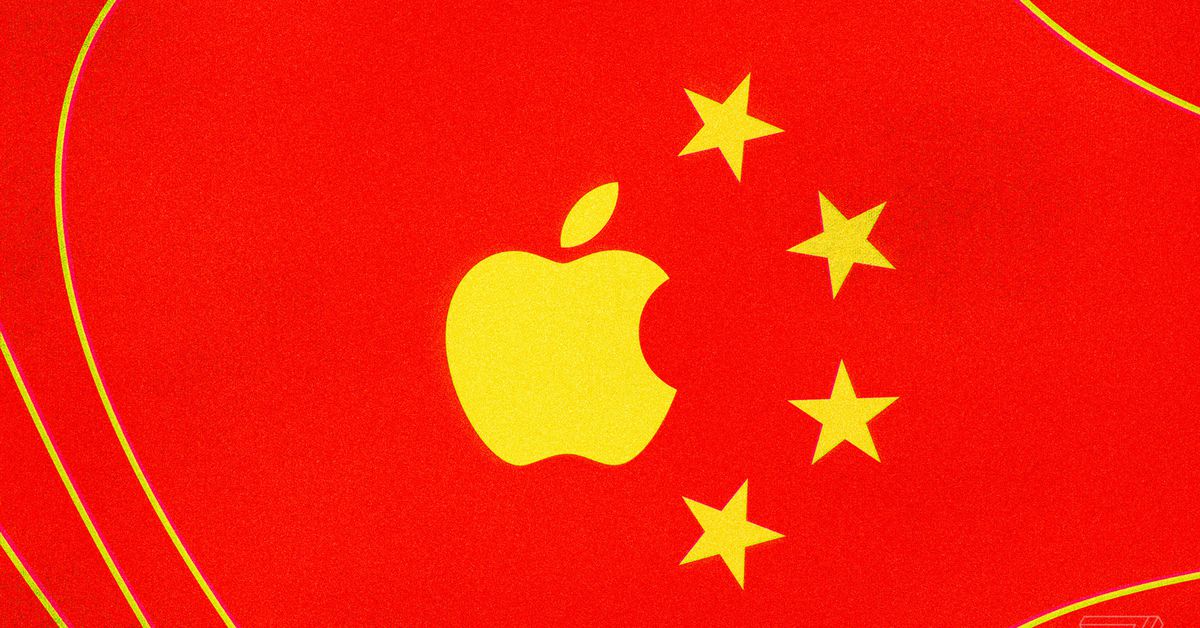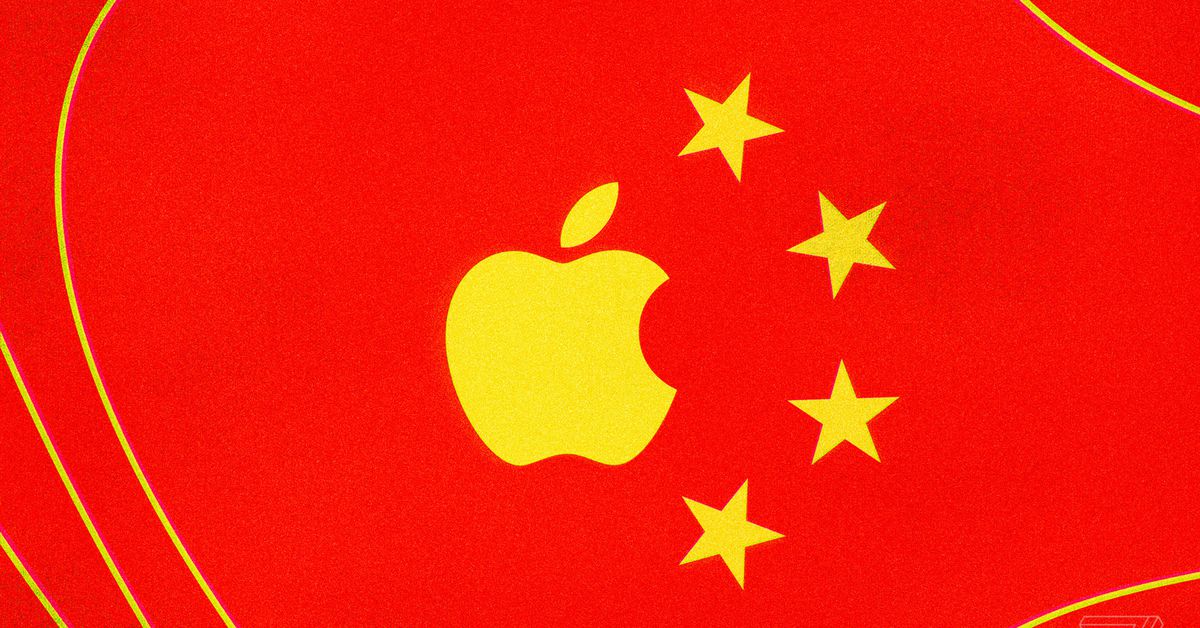
Apple’s new Private Relay feature, which is designed to obscure users’ browsing data and protect their privacy, won’t be available in China, Reuters reports. The feature was announced during Apple’s Worldwide Developers Conference as part of a new subscription bundle called iCloud Plus. Other countries where Private Relay won’t be available include: Belarus, Colombia, Egypt, Kazakhstan, Saudi Arabia, South Africa, Turkmenistan, Uganda, and the Philippines.
The move is the latest concession Apple has made in order to offer its services in China, a market which Reuters notes accounts for almost 15 percent of its revenue. Chinese citizens’ access to the internet is heavily regulated, and there is restricted access to technologies like virtual private networks, or VPNs, which help citizens evade tracking and bypass censorship. It’s worth noting that Apple isn’t itself calling Private Relay a VPN, citing technicalities in how it operates, but the service protects users’ privacy in a similar way.
China is one of ten countries not getting the feature
In 2018, Apple started storing some iCloud encryption keys in China and transferred its Chinese iCloud operations to a firm located in China. Although Apple said the move would improve the “speed and reliability of iCloud,” critics said it would also let Chinese authorities access user data through the country’s legal system. The previous year, Apple removed several major VPN apps from its App Store in China in response to local regulations requiring VPN providers to have a government license.
According to Apple, Private Relay encrypts a user’s traffic and sends it through two internet relays in such a way that no entity can see the contents of a user’s browsing data. A first Apple-controlled relay assigns a user an anonymous IP address, while a second third-party relay decrypts the web address and forwards the data on to its destination. Apple says Private Relay hides a user’s traffic from ISPs, advertisers, and even Apple itself.
